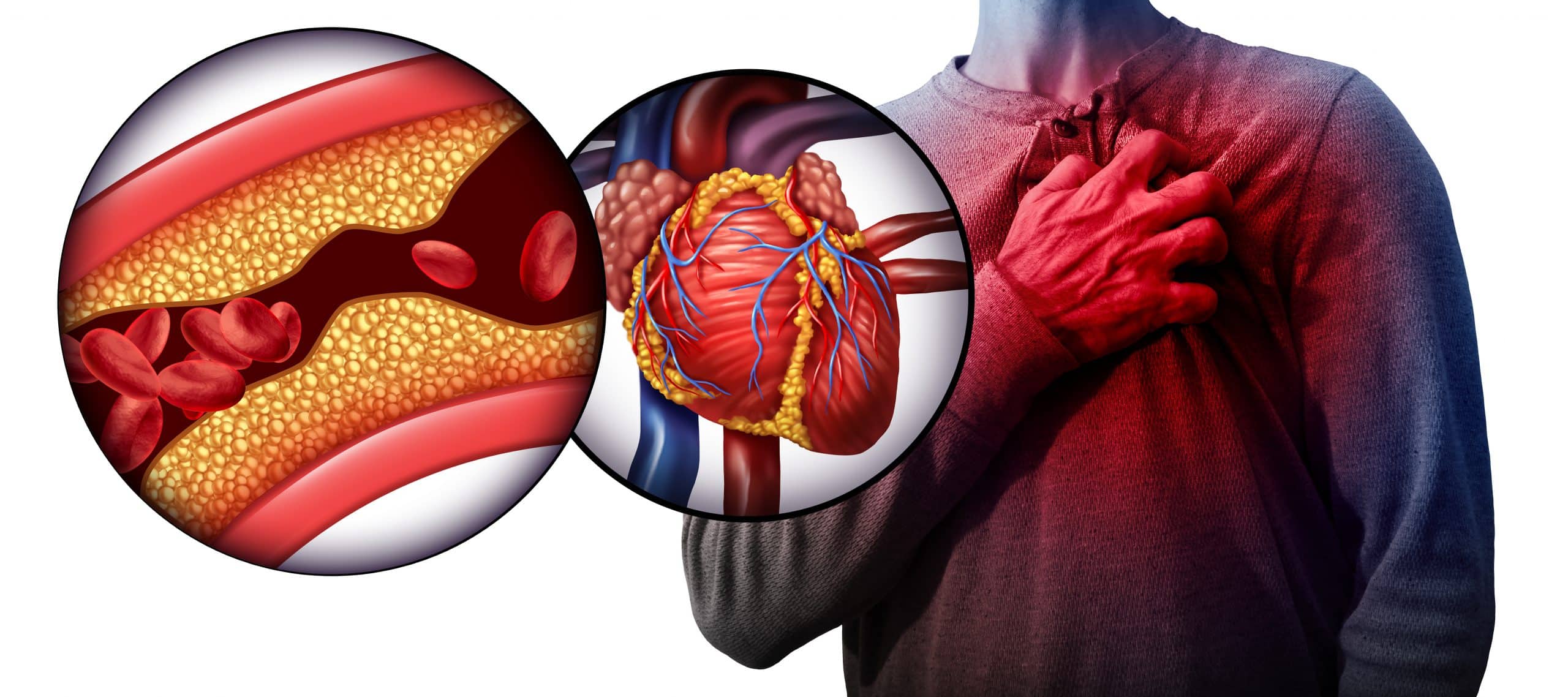Heart failure is a common condition across the U.S. In fact, over 5 million Americans are currently affected by it. Every year, this number grows by approximately 550,000, as new cases are diagnosed across the country. Because this condition can affect people of any age, it is important to recognize the signs early and seek medical attention.
What is Heart Failure?
Also known as congestive heart failure (CHF), heart failure occurs when the muscles in the heart are unable to pump blood effectively. This can be caused by a variety of other health conditions, including high blood pressure, coronary artery disease, diabetes, or anything that can cause the heart to be too weak or stiff to pump blood adequately.
Treatment for heart failure is often focused on correcting the underlying condition. However, when reversing the condition is not possible, some treatments can help relieve symptoms and allow patients to live longer, healthier lives. Certain lifestyle changes, such as weight loss, diet changes, exercise, and reducing stress, can be particularly helpful.
8 Signs of Heart Failure
Since heart failure often calls for immediate medical attention and can be a symptom of another cardiovascular issue, it is important to recognize the signs as quickly as possible. The most common symptoms of heart failure can include:
1.Extreme fatigue and weakness
If you are feeling a sense of overwhelming tiredness or lack of energy to the point where daily life is affected by it, it may be a sign of an underlying medical condition or heart failure. Unexplained weakness, fatigue and especially fainting are all signs to be concerned about.
2. Shortness of breath
Shortness of breath, or dyspnea, can be a sign of heart failure if it happens suddenly during simple activities or while lying down. This can greatly reduce one’s ability to exercise and move around comfortably.
3. Leg, ankle, or feet swelling
If you experience unexplained swelling in any part of the feet or legs, it could be a sign that blood flow is not circulating properly throughout the area due to weakened heart muscles or a lack of blood flow.
4. Racing heart and chest pain
A rapid or irregular heartbeat that is not connected to any form of exercise or caffeine could be a symptom of heart failure. When combined with shortness of breath or sharp chest pain, you should seek treatment immediately.

5. Severe coughing or wheezing
A common sign of heart failure is constant coughing or wheezing resulting in pink or white phlegm with traces of blood. This is often paired with sudden shortness of breath and should be seen by a doctor.
6. Urges to urinate at night
Frequent urges to urinate at night, also known as Nocturia, could be linked to a cardiovascular condition or CHF.
7. Nausea or loss of appetite
Lack of appetite, nausea and even vomiting could be signs of heart failure. However, they could also be side effects of a heart medication.
8. Trouble focusing
A lack of proper blood flow can have an effect on people’s cognitive abilities and make it difficult to concentrate on simple tasks throughout the day.
When to Seek Medical Attention
Of course, the signs and symptoms of heart failure could be related to a variety of other conditions. However, if you suspect you are experiencing heart failure, especially if you have another condition that may put you at a high risk, it is important to visit your doctor promptly. If you are experiencing chest pain, fainting, or severe shortness of breath along with pink, foamy mucus, seek emergency care immediately.
If you have already been diagnosed with heart failure and symptoms suddenly become worse or new symptoms develop, it is also important to seek immediate help. These symptoms may be a sign you are not responding to treatment or the condition is progressing.



